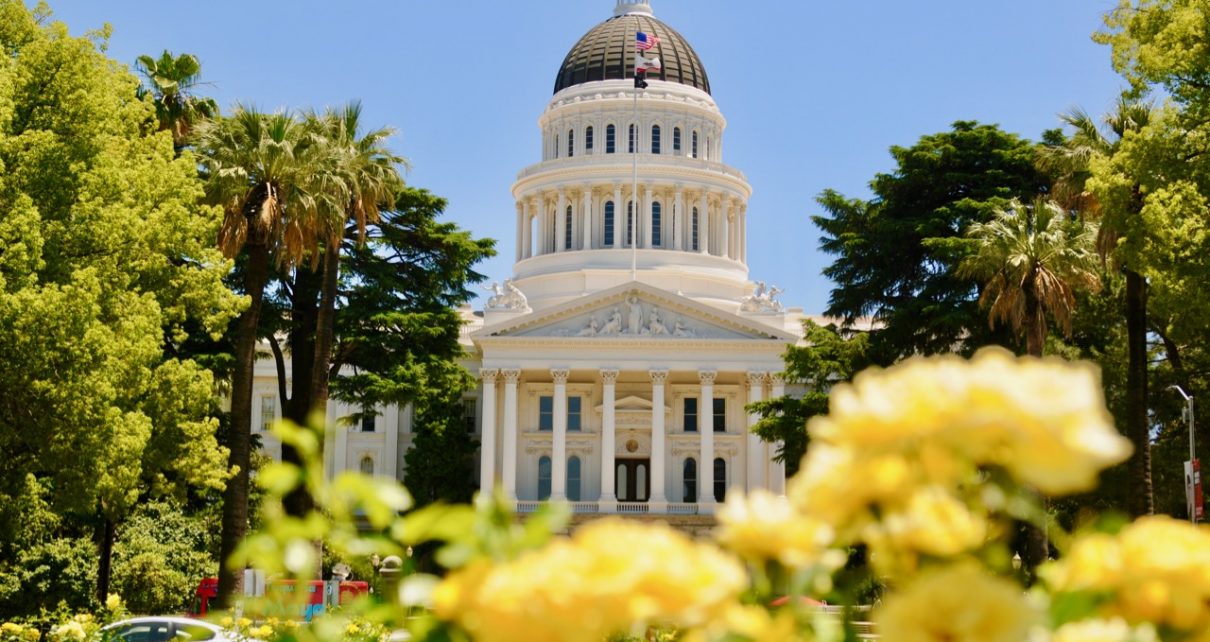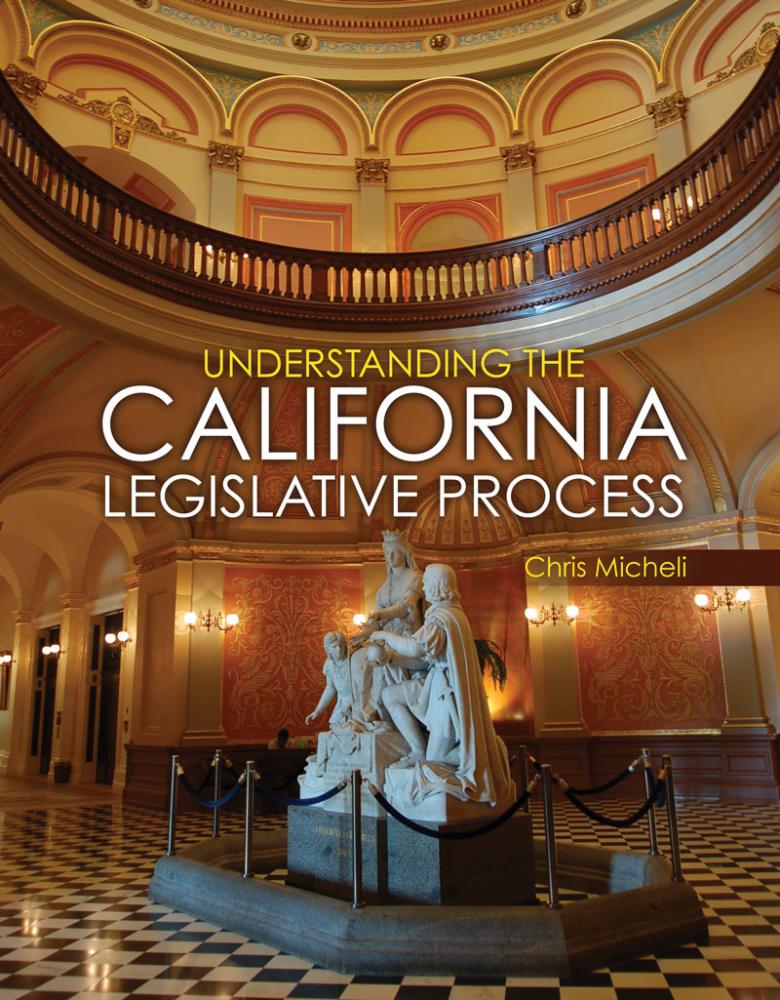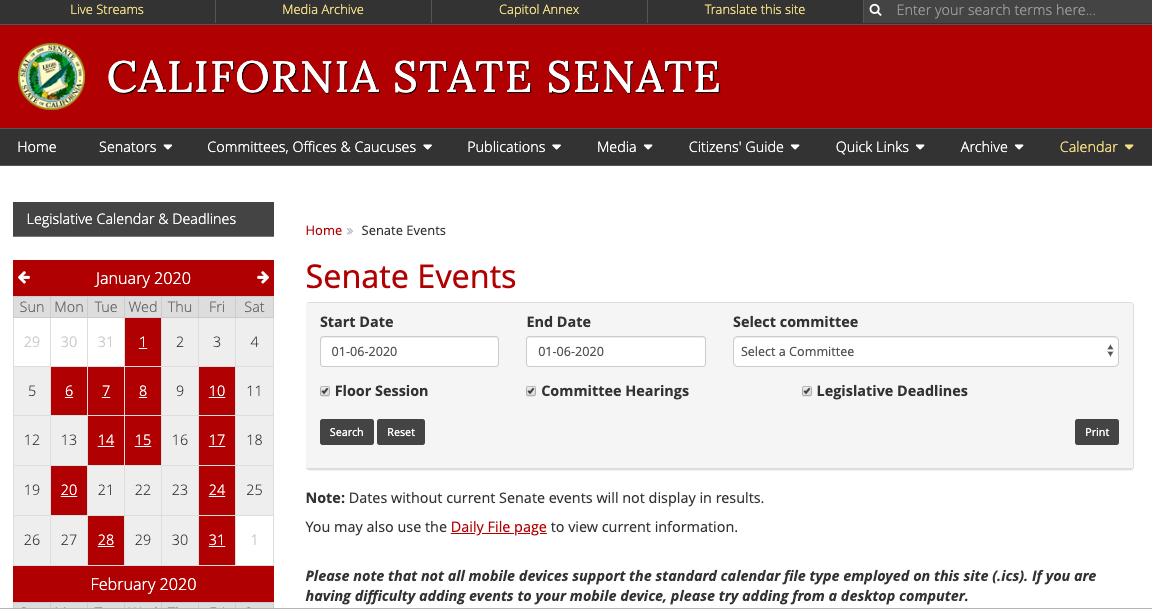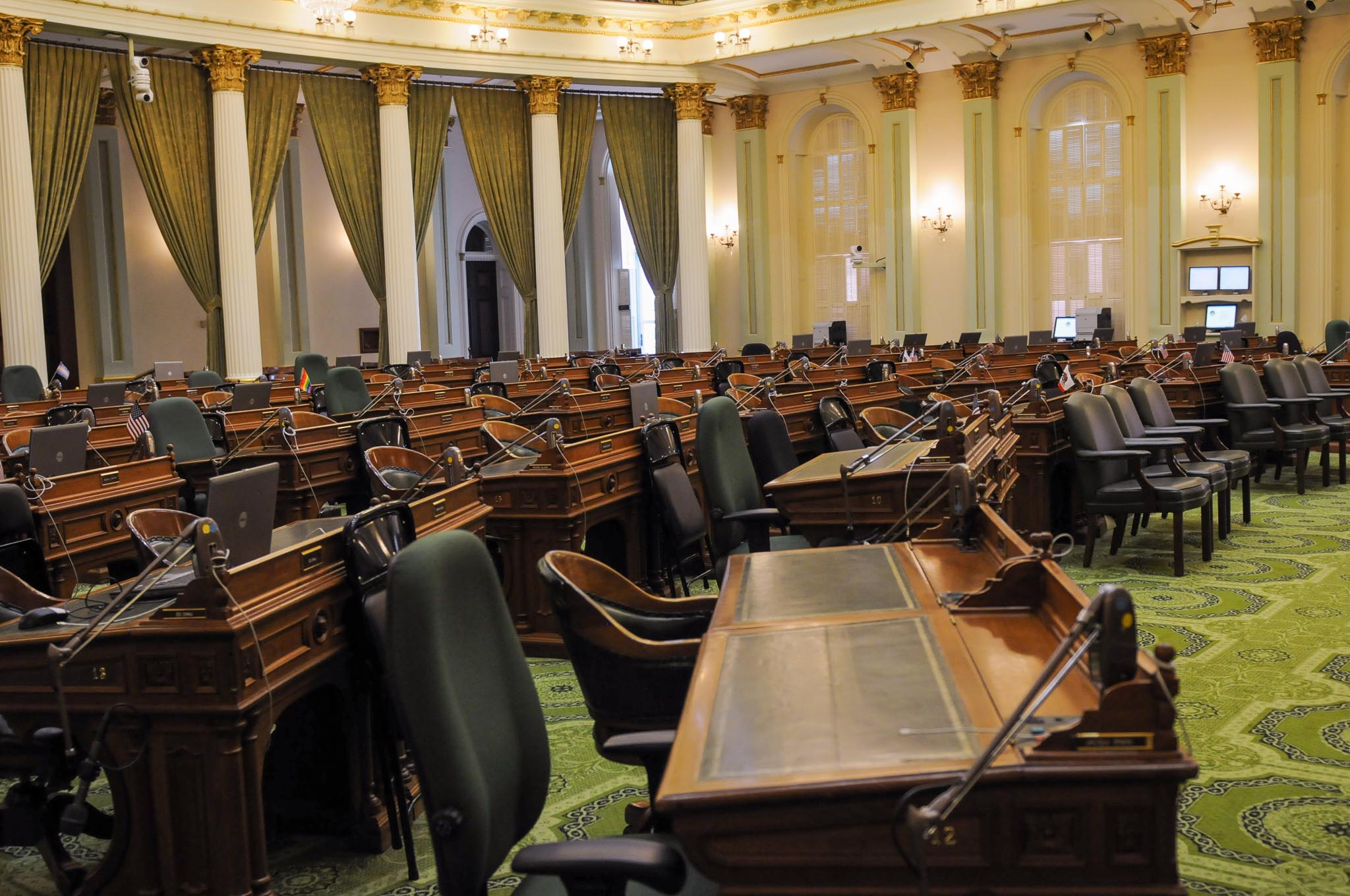
California State Capitol (Photo: Kevin Sanders for California Globe)
Another California Legislative Process Bill Example
Because SB 2x is a special session bill, it is not subject to a number of legislative rules
By Chris Micheli, March 23, 2023 5:29 pm
For those watching the Senate and Assembly Floors on Thursday, March 23, 2023, one bill jumped through several procedural hurdles in a single day. The bill is SBX1 – 2 (or SB 2x) dealing with the maximum gross gasoline refining margin. It is a special session (in the First Extraordinary Session) bill.
In the Senate Today
Before the Senate Session, SB 2x was heard and voted out of the Senate Appropriations Committee. Once the Senate convened its Floor Session, this bill was placed on a Supplemental File (rather than the regular Daily File) and was debated and voted upon. In addition, the Senate voted to waive Joint Rule 37.4(b), explained below. After passing the Senate, the bill was transmitted to the Assembly.
In the Assembly Today
During this morning’s Assembly Session, the Assembly completed three procedural steps: First, the Assembly waived Article IV, Section 8(b)(1) of the state Constitution which provides: “No bill may be passed unless it is read by title on 3 days in each house, except that the house may dispense with this requirement by rollcall vote entered in the journal, two thirds of the membership concurring.” As a result, the Assembly voted to dispense with this constitutional requirement.
Second, the Assembly waived Joint Rule 37.4, entitled “Study or Audits.” Joint Rule 37.4(b) provides: “Any bill requiring action by the California State Auditor shall contain an appropriation for the cost of any study or audit.” SB 2x contains the following provision: “The California State Auditor shall begin, no earlier than January 1, 2032, and complete, no later than March 1, 2033, an audit and performance review of the maximum gross gasoline refining margin and penalty set pursuant to this section, if the commission has set a maximum gross gasoline refining margin and penalty.” Because SB 2x does not contain an appropriation to pay for this audit, both houses of the Legislature waived this Joint Rule.
Third, the Assembly approved, pursuant to Assembly Rule 51, entitled “Reference of Bills to Committee,” (which allows 41 Assembly Members to refer a bill to committee) the referral of SB 2x to the Assembly Utilities and Energy Committee for a hearing on Monday, March 27, for a likely 10am hearing. Thereafter, the bill is expected to be “WORF’d” to the Assembly Floor for a vote, which requires a majority vote rule waiver. Then the bill is expected to be taken up for debate and a vote.
Final action of the Governor for final action
Because SB 2x is a special session bill, it is not subject to a number of legislative rules, but from the actions noted above, there are a series of hurdles that must be overcome for the bill to be considered in an expedited manner. In response to questions received:
Why didn’t either the Senate or Assembly need to waive the 30-day in print rule on this bill? First, Article IV, Section 8(a) only applies to regular session bills (and not special session bills). Second, the bill was introduced on December 5, 2022 and the 30-day in print rule starts ticking when the bill is introduced, not when it is amended.
Was the 72-hour in print complied with by the Senate and Assembly? Article IV, Section 8(b)(2) requires a bill to be in print and published on the Internet in its final form for at least 72 hours before the vote. SB 2x was published on the Internet at 8:20 AM on March 20. Because it was voted on after that time on March 23, the Senate complied with Prop. 54 and, as the Assembly will not vote on it until March 27, the Assembly will have complied with it as well.
When will the bill take effect? Pursuant to Article IV, Section 8(c), “a statute enacted at a special session shall go into effect on the 91st day after adjournment of the special session at which the bill was passed.”
- Vessel Repair in California - August 23, 2025
- Board of Pilot Commissioners - August 22, 2025
- Rights and Duties of Witnesses in Civil Actions - August 21, 2025







